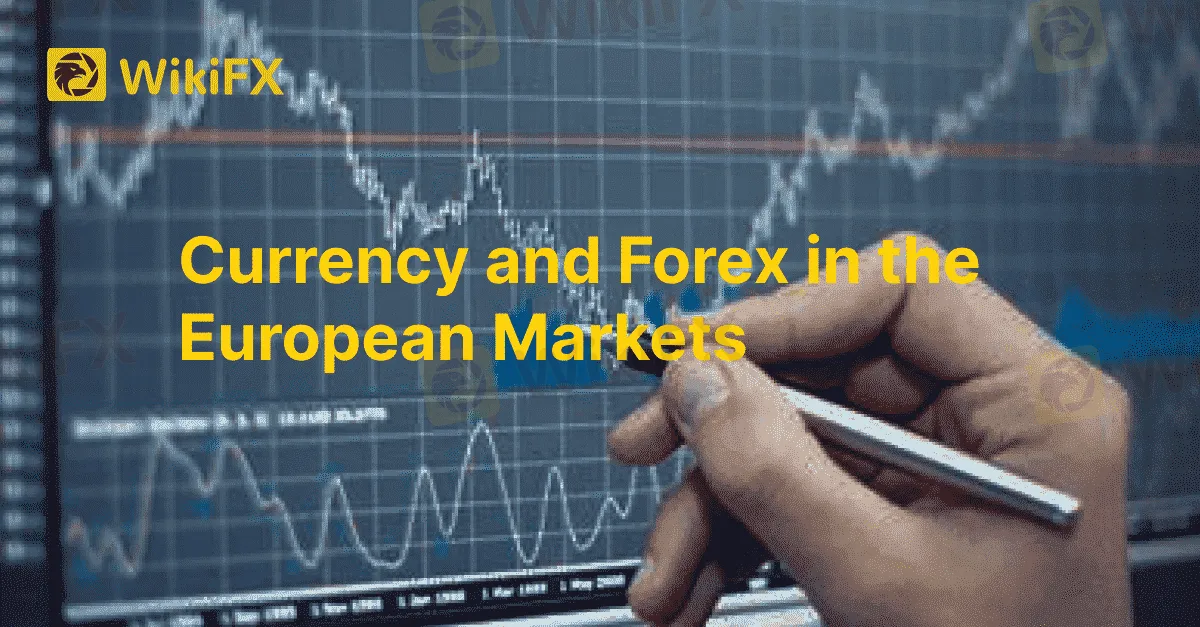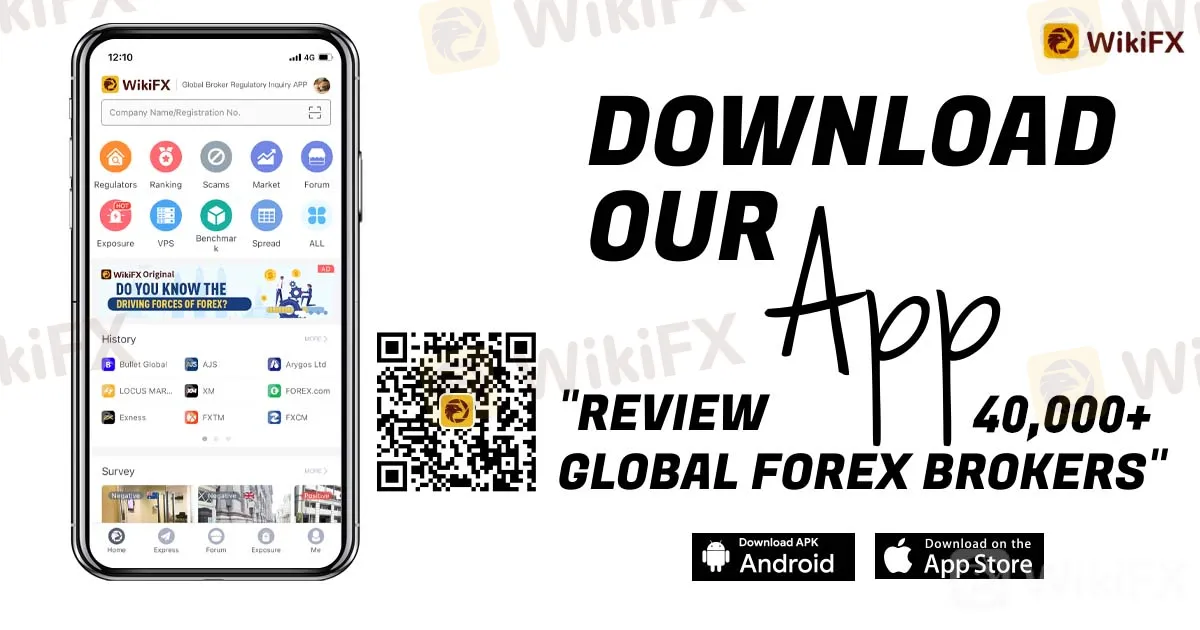简体中文
繁體中文
English
Pусский
日本語
ภาษาไทย
Tiếng Việt
Bahasa Indonesia
Español
हिन्दी
Filippiiniläinen
Français
Deutsch
Português
Türkçe
한국어
العربية
Currency and Forex in the European Markets
Abstract:The foreign exchange market, commonly known as Forex or FX, is the largest and most liquid financial market in the world. It involves the exchange of currencies between different countries and plays a crucial role in facilitating international trade and investment. Forex trading is a global phenomenon, and the European markets are no exception. In this article, we will discuss the currency and Forex markets in Europe and the opportunities they offer.

The foreign exchange market, commonly known as Forex or FX, is the largest and most liquid financial market in the world. It involves the exchange of currencies between different countries and plays a crucial role in facilitating international trade and investment. Forex trading is a global phenomenon, and the European markets are no exception. In this article, we will discuss the currency and Forex markets in Europe and the opportunities they offer.
The European Currency Market
The European currency market is one of the most active and significant in the world. The European Central Bank (ECB) is responsible for maintaining price stability and monetary policy in the Eurozone, which includes 19 European Union countries that have adopted the euro as their currency. The euro is the second most traded currency in the world, after the US dollar, and accounts for around 20% of the global foreign exchange market.
In addition to the euro, the European currency market also involves trading of other major currencies such as the British pound (GBP), Swiss franc (CHF), and Norwegian krone (NOK). These currencies are heavily traded against the euro and the US dollar, and their values are influenced by various economic and political factors.
Forex Trading in Europe
Forex trading in Europe is regulated by the European Securities and Markets Authority (ESMA), which sets strict guidelines and standards for brokers and traders operating in the region. The ESMA's regulations aim to protect investors and ensure fair and transparent trading practices in the Forex market.
Forex trading in Europe offers numerous opportunities for investors and traders. The region's stable economic and political environment, combined with its highly developed financial markets, makes it an attractive destination for Forex trading. The European markets also offer access to a wide range of financial instruments, including currency pairs, commodities, and indices.
One of the most significant advantages of Forex trading in Europe is the ability to trade during overlapping trading sessions. The European markets open at 8:00 am GMT and overlap with the Asian and US markets, providing traders with ample opportunities to trade currencies around the clock.
Choosing a Reliable Forex Broker
Choosing a reliable Forex broker is crucial for successful trading in the European markets. A good Forex broker should be regulated by a reputable financial authority, offer a wide range of trading instruments, and provide excellent customer support and trading conditions.
One of the most reliable sources of information for Forex brokers is WikiFX, a leading global Forex broker inquiry platform. WikiFX provides comprehensive information on Forex brokers' regulatory status, trading conditions, and customer feedback, making it easier for traders to choose a reliable and trustworthy broker.
WikiFX also offers a range of other services, including Forex news, analysis, and education resources. Traders can access these services on the WikiFX website or through its mobile application, available for both Android and iOS devices.
In conclusion, the European currency and Forex markets offer numerous opportunities for investors and traders. The region's stable economic and political environment, combined with its highly developed financial markets, make it an attractive destination for Forex trading. However, it is crucial to choose a reliable Forex broker to ensure successful trading. WikiFX is an excellent resource for traders looking to find a trustworthy and regulated Forex broker in the European markets.

Disclaimer:
The views in this article only represent the author's personal views, and do not constitute investment advice on this platform. This platform does not guarantee the accuracy, completeness and timeliness of the information in the article, and will not be liable for any loss caused by the use of or reliance on the information in the article.
Read more

Will natural disasters have an impact on the forex market?
The forex market is known for its rapid responses to global events, but the influence of natural disasters, such as earthquakes and typhoons, can be less straightforward. While headlines may scream about catastrophic damage and economic disruption, the long-term effects on currency values often depend on a blend of immediate shock and underlying economic fundamentals.

Navigating the Intersection of Forex Markets, AI Technology, and Fintech
The financial world is transforming, driven by the rapid integration of artificial intelligence (AI) and innovative fintech solutions. This change is most apparent in forex markets, where algorithmic trading and deep learning are redefining strategies, risk management, and decision-making. In this article, we explore how AI-driven technologies are not only revolutionizing forex trading but are also propelling fintech innovations that enhance customer experiences, bolster security, and unlock new market opportunities.

The One Fear That’s Costing You More Than Just Profits
The fear of missing out (FOMO) is NOT what you think it is! Read the three lesser-discussed components that contribute greatly to FOMO trading!

SocialFi and the Forex Market: A New Era for Decentralized Social Trading?
The worlds of social media and decentralized finance (DeFi) have converged under a new banner—SocialFi. Short for “Social Finance,” SocialFi leverages blockchain technology to reward user engagement, giving individuals direct control over their data and interactions. While SocialFi has primarily emerged in the context of content creation and crypto communities, its principles could soon revolutionize the forex market by reshaping how traders share insights and monetize social influence.
WikiFX Broker
Latest News
How Crypto Trading Transforms FX and CFD Brokerage Industry
FCA Warns Against 10 Unlicensed or Clone Firms
CySEC Warns Against 14 Unlicensed Investment Websites
Top Currency Pairs to Watch for Profit This Week - March 31, 2025
Will natural disasters have an impact on the forex market?
Philippines Deports 29 Indonesians Linked to Online Scam Syndicate in Manila
Exposing the Top 5 Scam Brokers of March 2025: A Closer Look by WikiFX
Gold Prices Climb Again – Have Investors Seized the Opportunity?
Australian Regulator Warns of Money Laundering and Fraud Risks in Crypto ATMs
Webull Launches SMSF Investment Platform with Zero Fees
Currency Calculator








